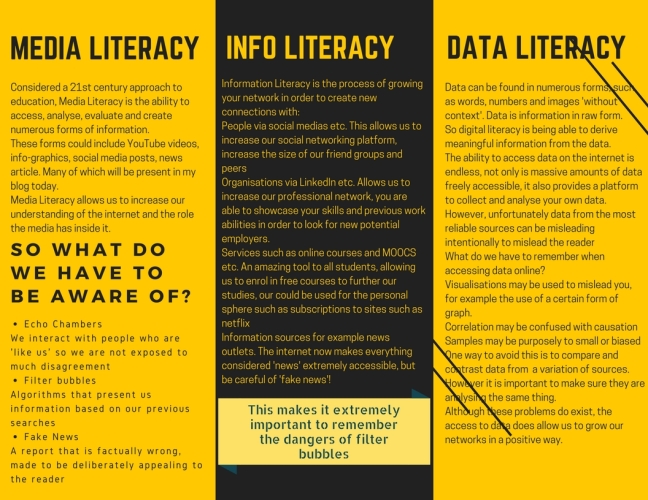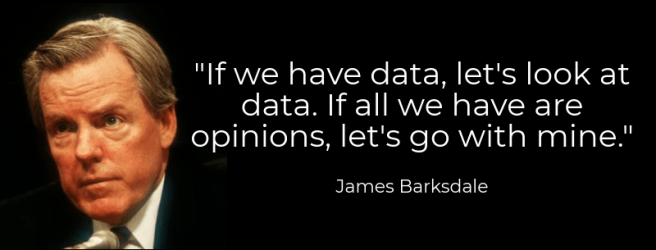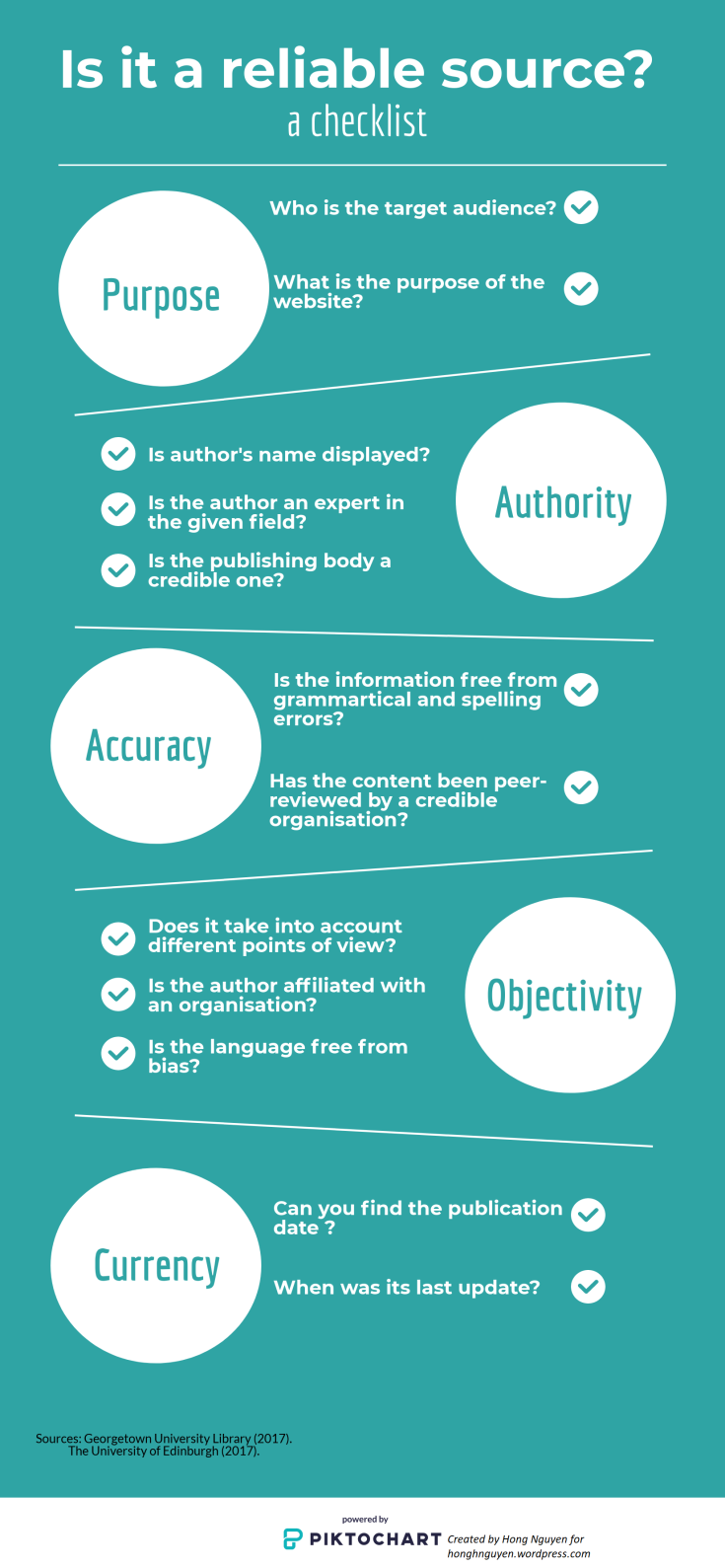
Fake News Travels Fast
Social media allows news to travel to vast numbers of people at ridiculously fast speeds.
Fake news
Fakes news is simply news that spreads false information.
Although fake news is not a completely new concept, it has recently come to the forefront of the media attention after the role that it played in the US Presidential election. During the US elections propagandist used the social media sites, such as Facebook and Twitter, to turn fake news into viral sensations (Manjoo, 2017).
Continue reading →










